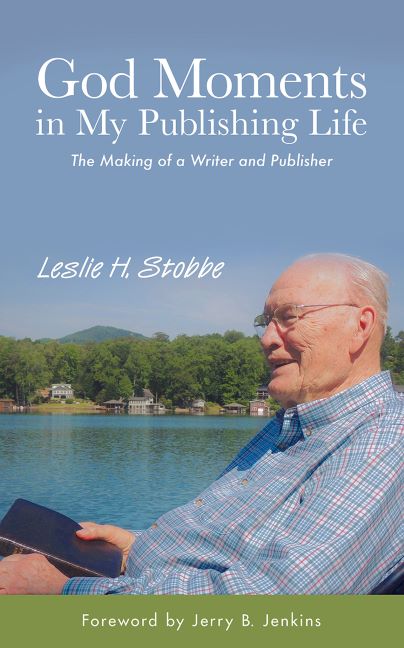My reasons for representing an author may differ from why I read a certain book.
- Content: When I see something fresh and different, but not so far out that no one can relate, an author has my attention.
- Talent: Although my office must decline talented authors every day, writing talent will get authors a close look.
- Proposal: A professional proposal shows me the author has taken the time to learn how to write a proposal and cares enough to include one with the project. The proposal doesn’t have to be perfect, whatever that means. The proposal needs to present the author and book in the best possible light.
- Social Media Presence: A professional online presence is a plus. Strive for a mix of writing and personal tidbits online. Be sure to have appealing headshots. No one cares who takes the pictures or where, as long as they offer the type of image the author wants to convey to readers.
- Platform: An author who is well-known will get my attention. While this aspect may frustrate authors today, a well-known author who is already popular always has been and always will be easier to sell to editors and readers than a debut author. However, every author starts as a debut author! I give debut authors thoughtful attention.
- Market: I’m more likely to offer representation when I know editors who can give your book serious consideration. You may have written the world’s best horror novel, but I don’t have those editorial contacts. Knowing which agents specialize in the type of project you are pitching saves you time and effort in your agent search.










